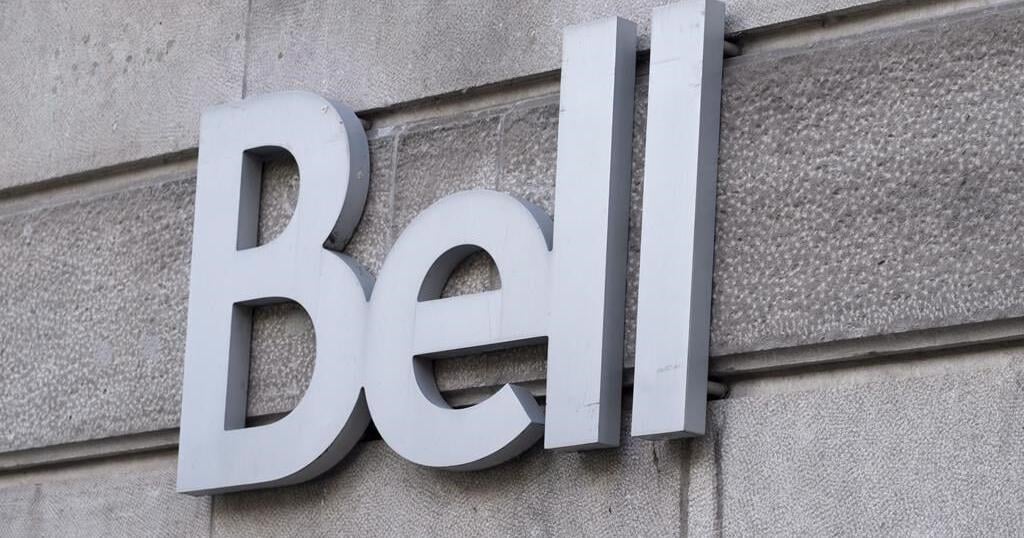TORONTO – Bell Canada made more than $64 million in gross revenues from calls made by inmates at Ontario jails — at “exorbitant” rates, lawyers allege in a lawsuit — and gave nearly $39 million of that to the province as commission, according to new disclosures from the telecom giant.
Bell charged $1 per minute plus a $2.50 connection fee for long-distance calls through the Offender Telephone Management System that it operated in Ontario jails from 2013 to 2021.
The phone system only allowed inmates to place collect calls, and lawyers are seeking compensation for the families who had to foot those bills. More than 80 per cent of the people in Ontario’s correctional facilities are awaiting trial and are presumptively innocent.
One of the representative plaintiffs in a proposed class-action lawsuit against Bell and Ontario is the father of Adam Capay, an Indigenous man who was largely held in solitary confinement while imprisoned in northern Ontario jails between June 2012 and Dec. 2016.
Ransome Capay frequently spoke with his son while he was in solitary, with the charges from the collect calls leading to phone bills between $250 and $500 — some over $1,000, he wrote in an affidavit. He had to take on extra work such as chopping firewood to pay the bills, he wrote.
Both Bell and the province of Ontario have previously refused to disclose how much they benefitted from those calls, but Bell was recently ordered by the Canadian Radio-television and Telecommunications Commission to reveal the amounts.
Lawyer David Sterns said the numbers are “shockingly high.”
“This confirms what we knew to be the case all along, which shows that Bell was gouging the families of the inmates,” he said in an interview.
“It was pure opportunism. These people were both figuratively and literally captives and Bell swooped in and took advantage of it and shared the spoils with the government of Ontario.”
Bell says it complied with CRTC rules and offered the same collect call rates as for other phone services.
The rates were four times higher than those charged to inmates in other provinces, a lower court judge found.
The lawsuit claims have not been proven in court and last year the Court of Appeal for Ontario put a temporary stay on the case, telling the lawyers to go before the CRTC instead to assess “the reasonableness of the rates.” The CRTC is set to decide whether it has jurisdiction in the matter, and if it decides it doesn’t, the case could go back to the courts.
As part of the CRTC process, Bell argued that the revenues and percentage commission paid to the province should remain secret, but the CRTC ruled that public interest in disclosing those numbers outweighed any potential harm.
“It is unclear how disclosure of historical revenues from a 10-year-old contract and the percentage paid to Ontario as a commission over that time could result in a material financial loss for Bell, given that a new service provider has already replaced Bell to run the OTMS with significantly lower rates,” the CRTC wrote.
Bell, in its contract with the province to operate the jail phone system for those eight years, agreed to give Ontario a 60-per-cent commission, the disclosure shows.
A spokesperson for Solicitor General Michael Kerzner had no comment since the CRTC and court cases are ongoing.
The new phone system now in place under a different company includes the ability to make prepaid calls, instead of just collect, and has long-distance rates of a few cents a minute.
This report by The Canadian Press was first published Aug. 9, 2024.
